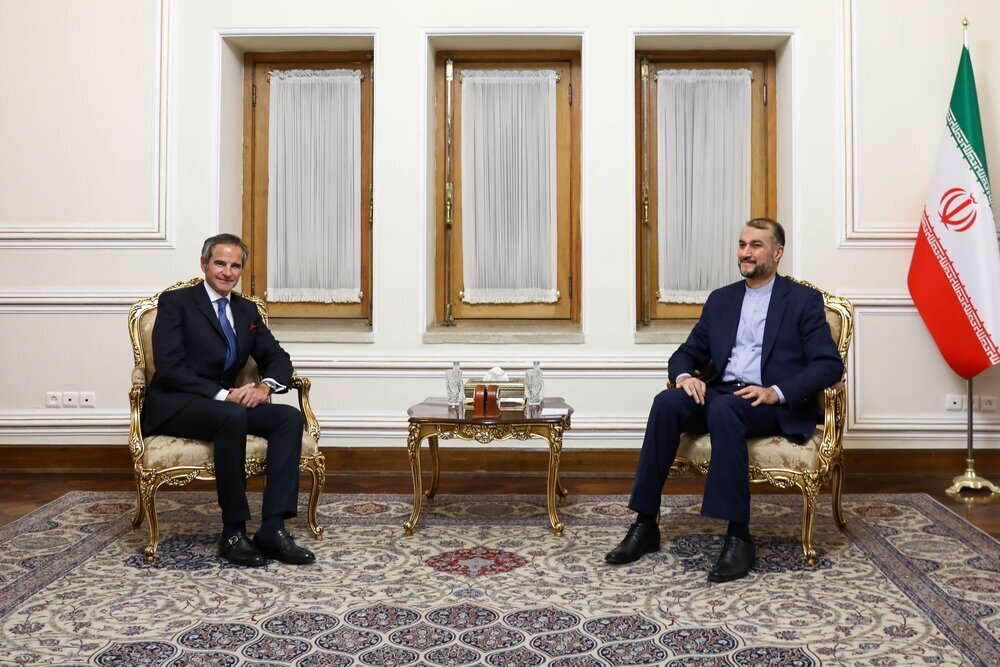Nothing to hide

TEHRAN - After days of media speculation, the UN nuclear watchdog confirmed the finding of uranium particles enriched to up to 84% but it said it was in talks with Iranian authorities over the issue.
According to a report by the watchdog seen by Reuters, the International Atomic Energy Agency is in discussions with Iran on the origins of uranium particles enriched to up to 83.7% purity.
"Regarding the origin of the particles enriched above 60% U-235, identified after the implementation of the new cascade configuration at FFEP, discussions with Iran are still continuing," the IAEA said in a confidential report to member states.
"Iran informed the Agency that 'unintended fluctuations in enrichment levels may have occurred during transition period at the time of commissioning the process of [60%] product (November 2022) or while replacing the feed cylinder'," it added.
The controversy over 84% uranium began a few days ago amid ongoing discussions between Tehran and the IAEA over protracted safeguards issues.
In response, Iran ruled out that it intentionally enriched at that level, saying that the particles found by the IAEA, if true, are a byproduct. And that misunderstanding has been addressed professionally by Iran.
Mohammad Eslami, the head of the Atomic Energy Organization of Iran, said Wednesday that Iran and the IAEA solved the issue of 84% uranium.
Speaking on the sidelines of a cabinet session, Eslami said the issue has been reviewed by Iran and the issue has been closed after being examined by experts.
He also said Tehran remains in contact with the IAEA chief and his deputy. According to the nuclear chief, a delegation from the UN nuclear watchdog traveled to Tehran to look into the issue. “It transpired that there were no deviations,” Eslami was quoted as saying by Iran’s official news agency IRNA.
Eslamic also touched on the stalled talks over reviving the 2015 Iran nuclear deal, formally called the JCPOA, linking them to the upcoming visit by IAEA chief Rafael Grossi.
Commenting on the planned visit, he said, “This visit can lead to an opening in the JCPOA talks. We don’t accept unusual cases that are politically motivated and comes under pressure,” he said.
Eslami said the remaining issues will be dealt with during the Grossi visit, which is expected to take place on Friday afternoon.
Grossi will arrive in Iran on Friday and will hold high-level meetings on Saturday, according to Fars News.
The overall situation indicates that Iran is ready to clarify any misunderstanding and has not undertaken any activities that undermine nuclear transparency. Iranian officials have said that if Iran chooses to enrich at higher levels, it will make announcements in this regard.
The upcoming visit of Grossi is also a chance, maybe a last one, to pave the way for restoring the JCPOA talks. Pundits believe that if the IAEA acts professionally, it will be possible to clear the way for resuming the talks.
